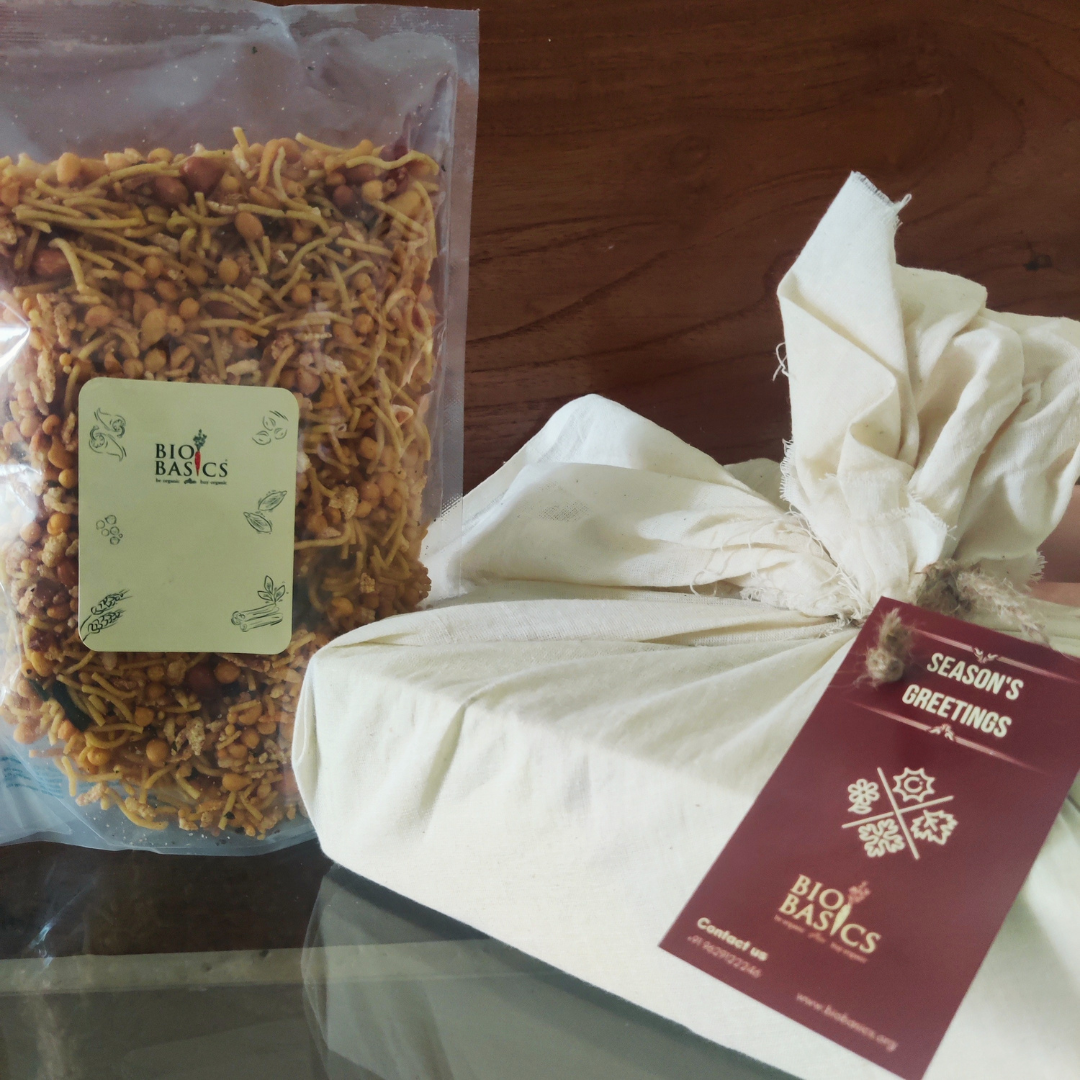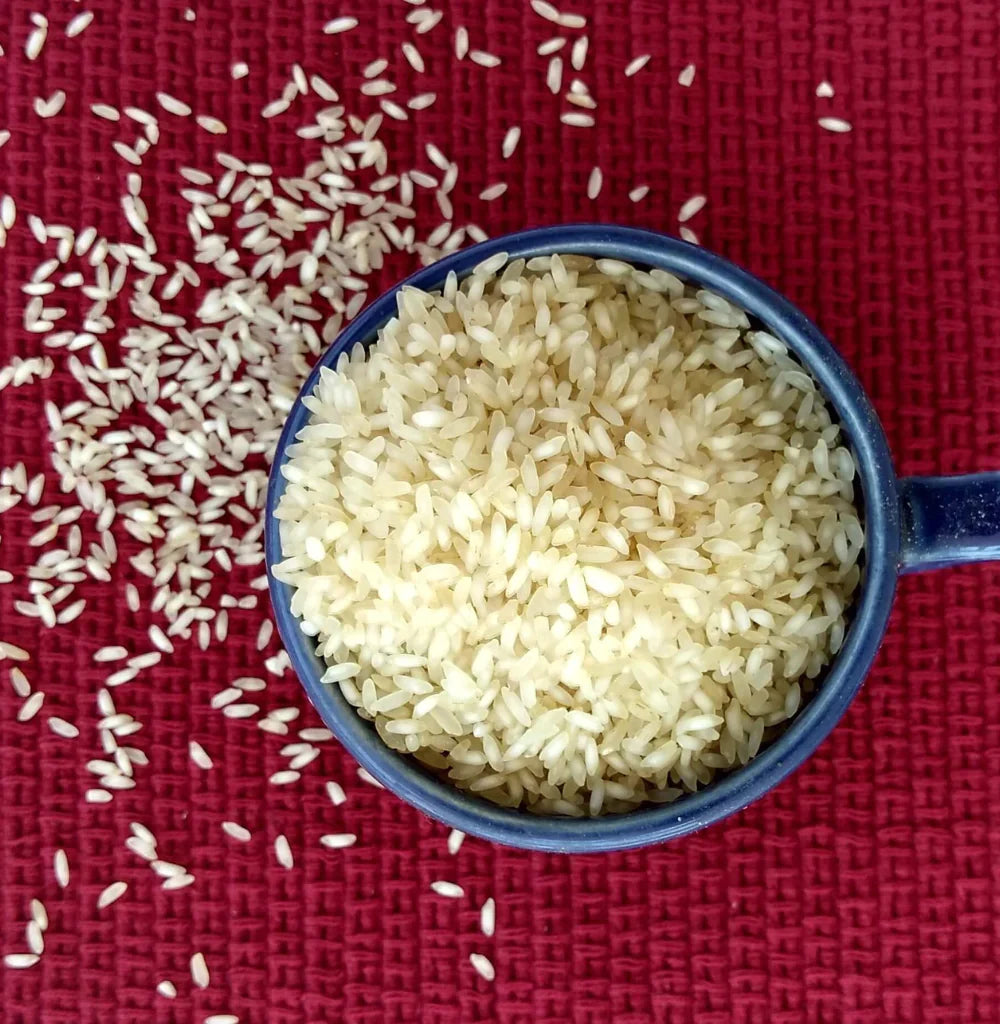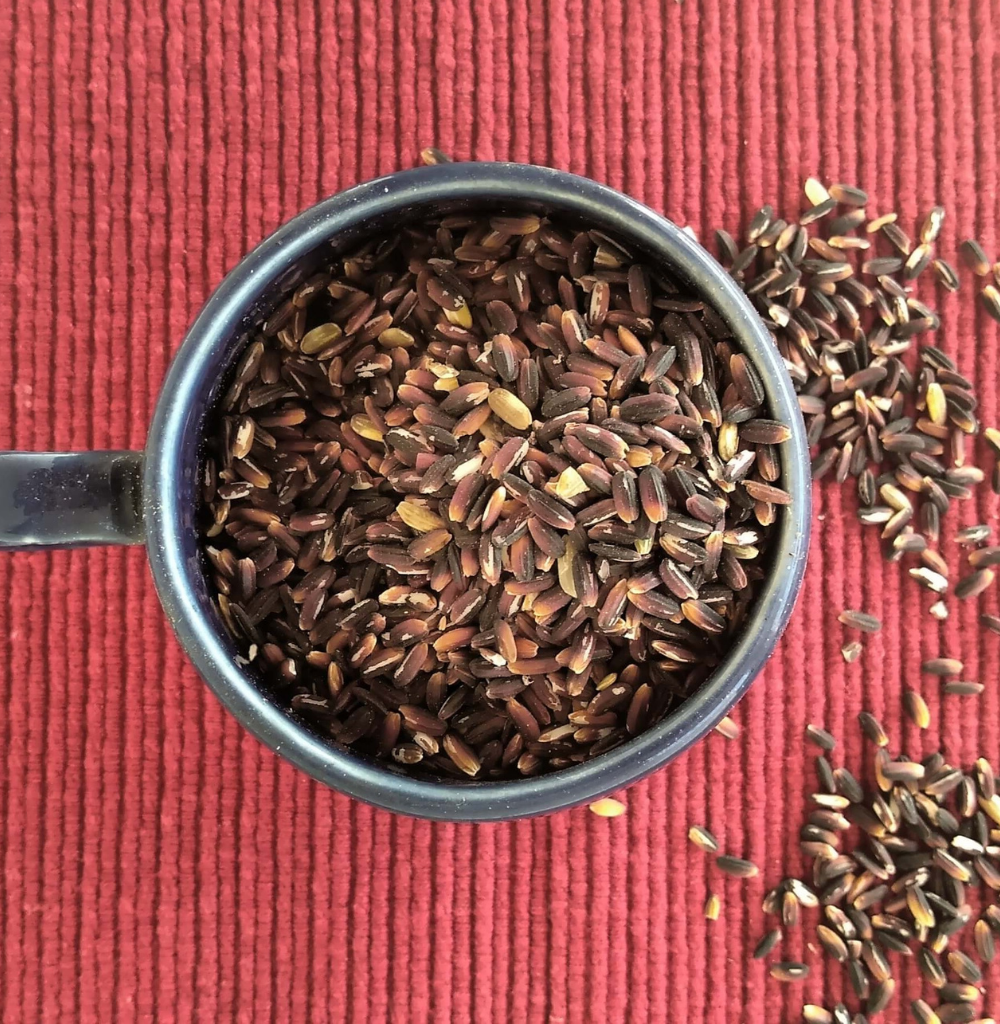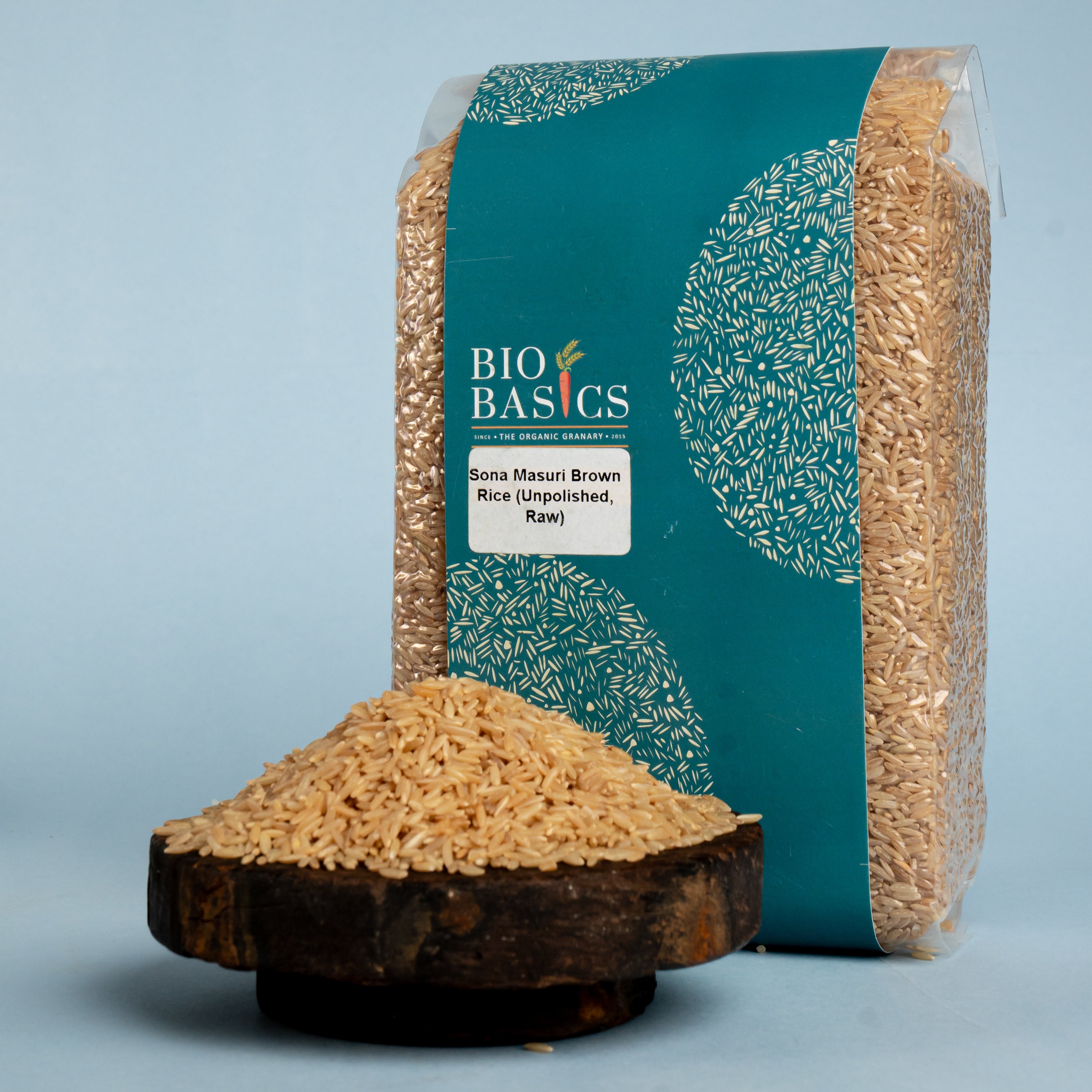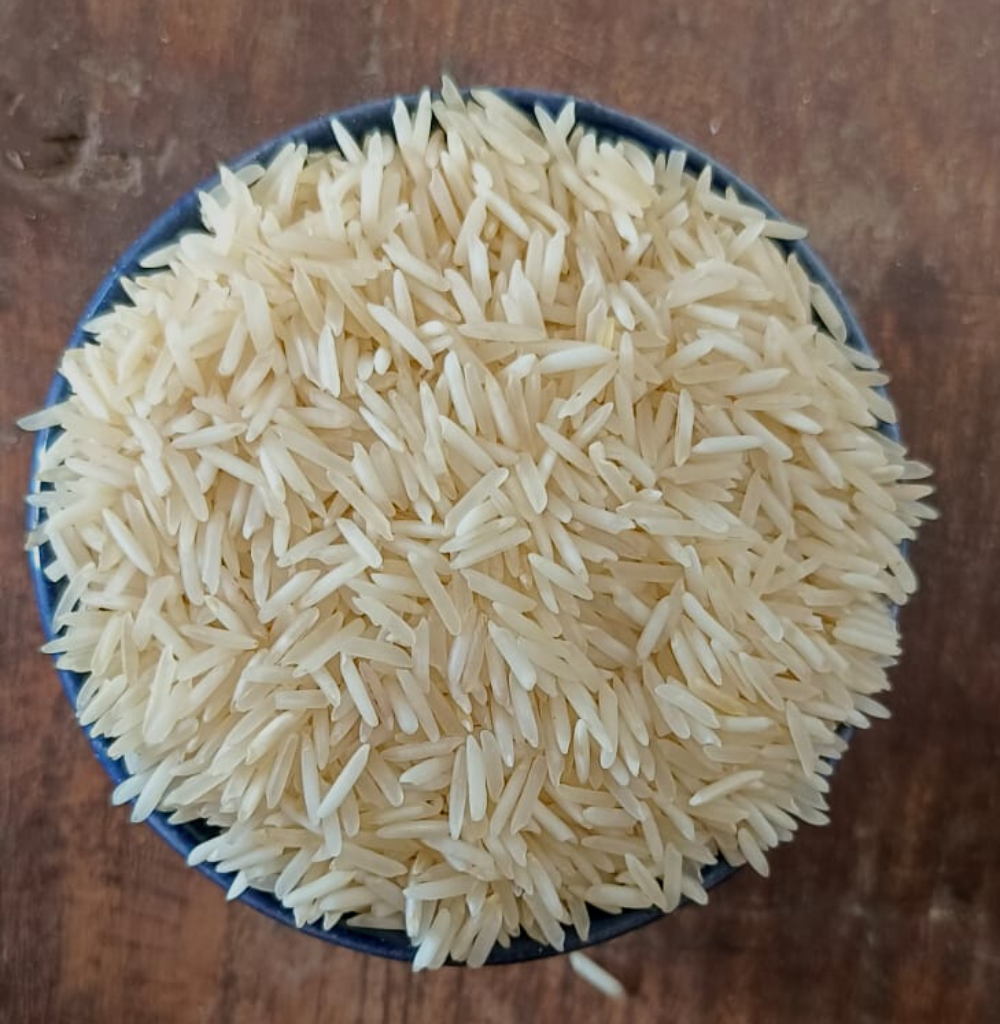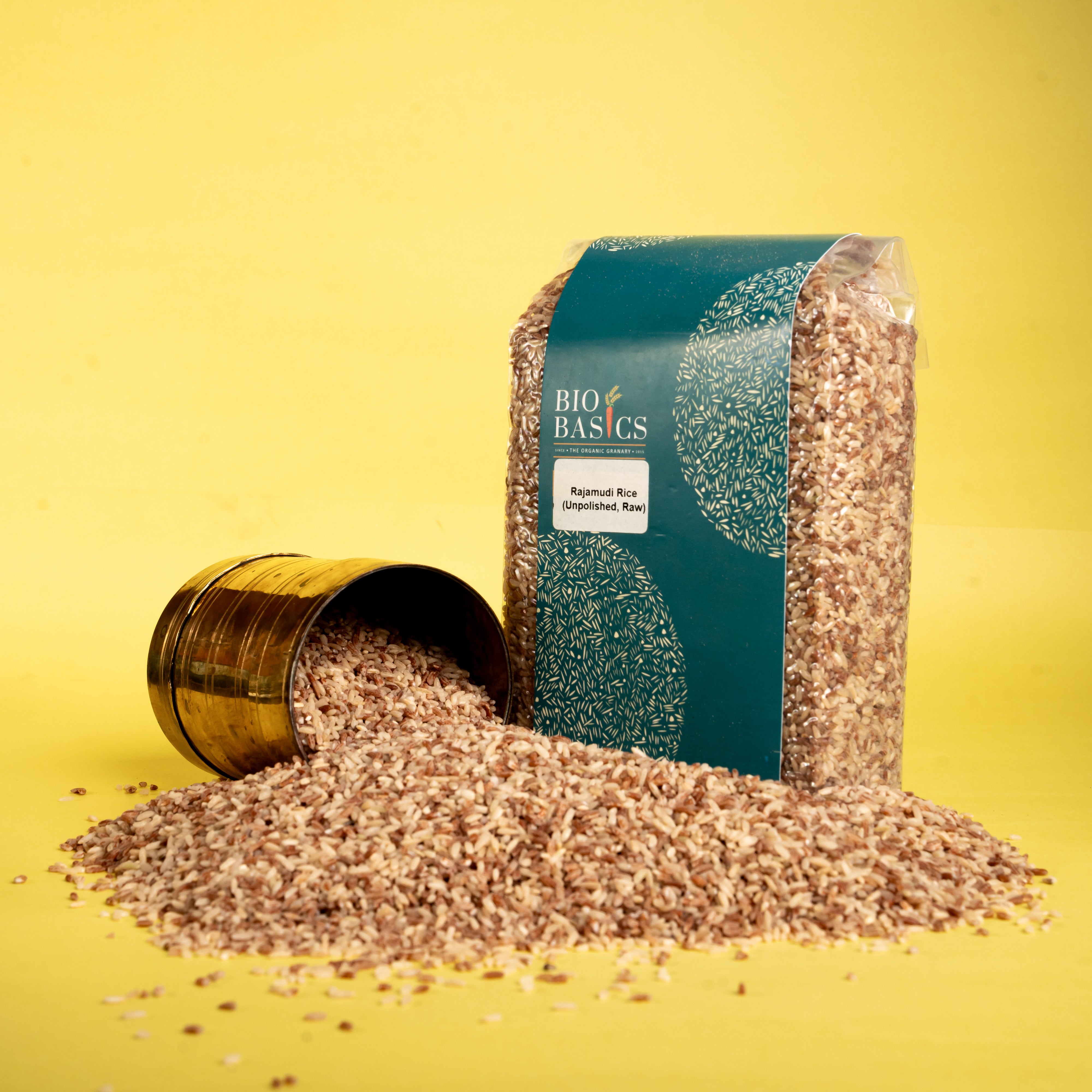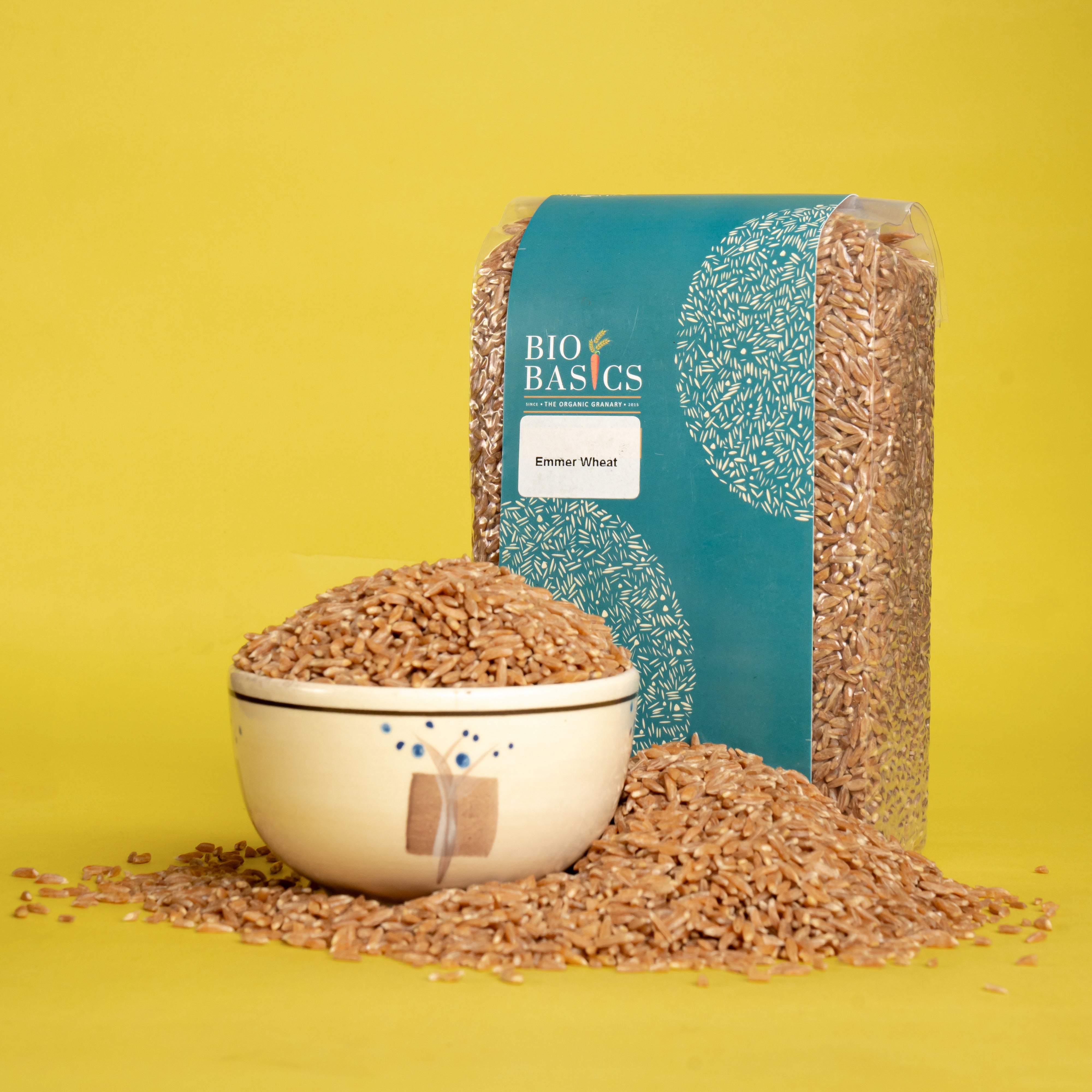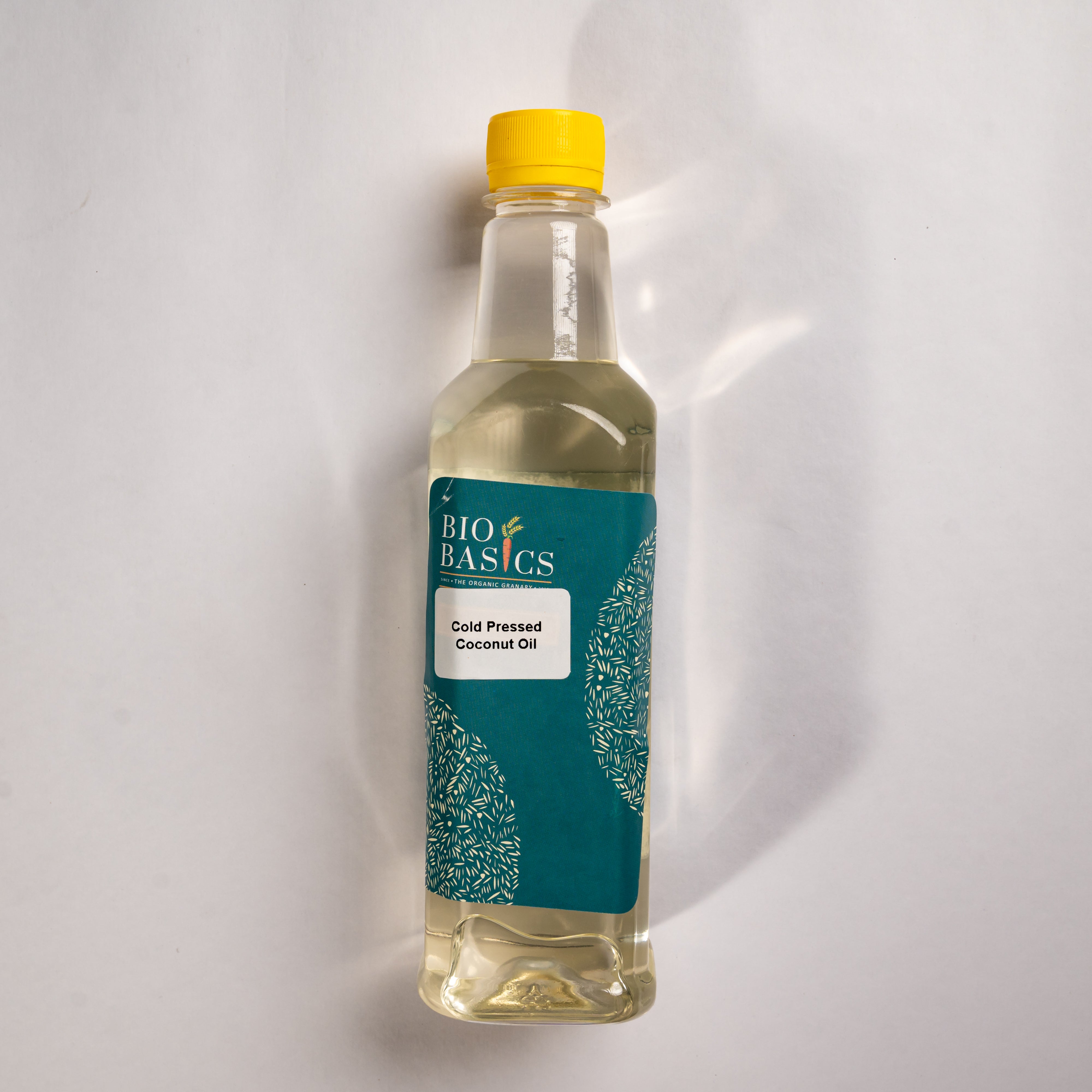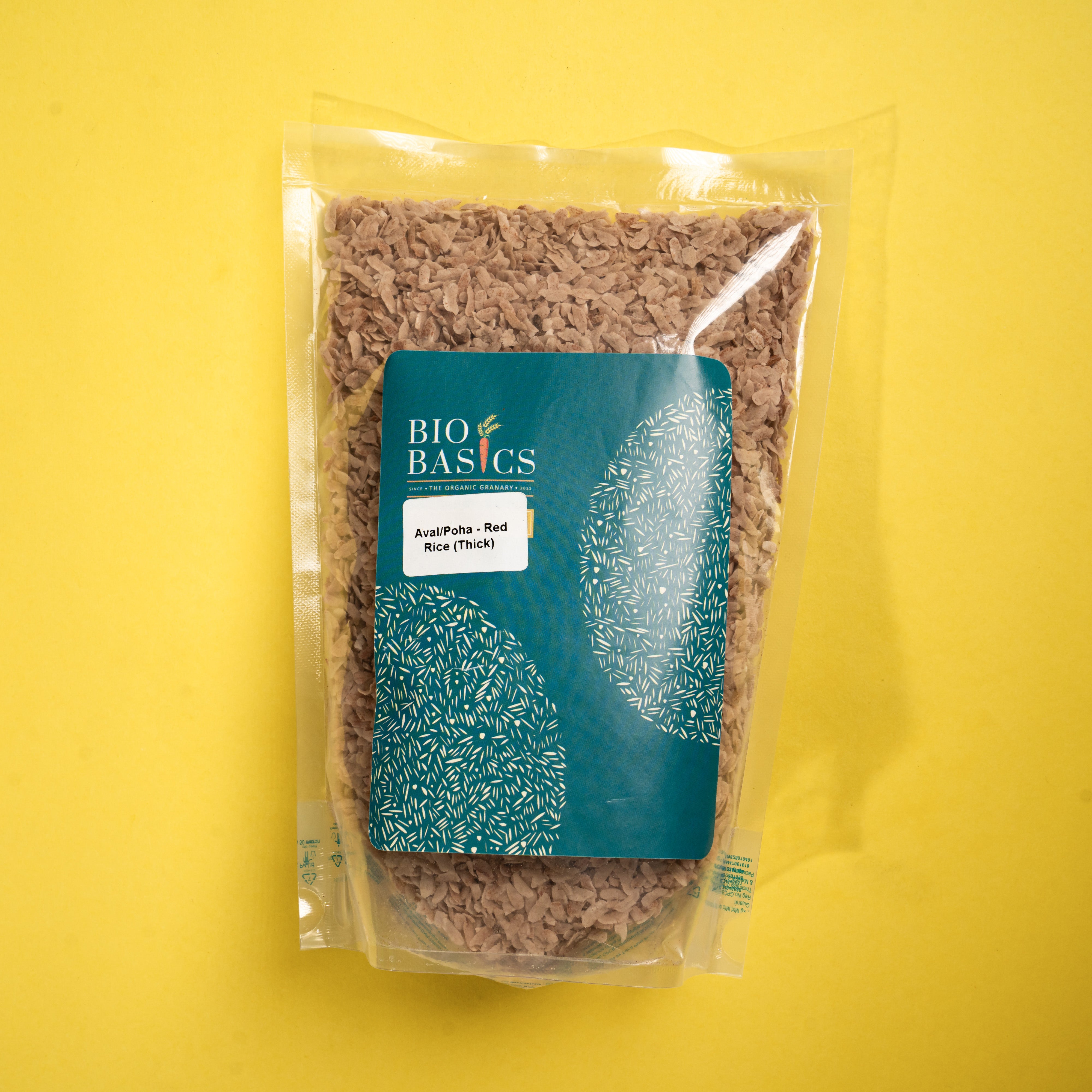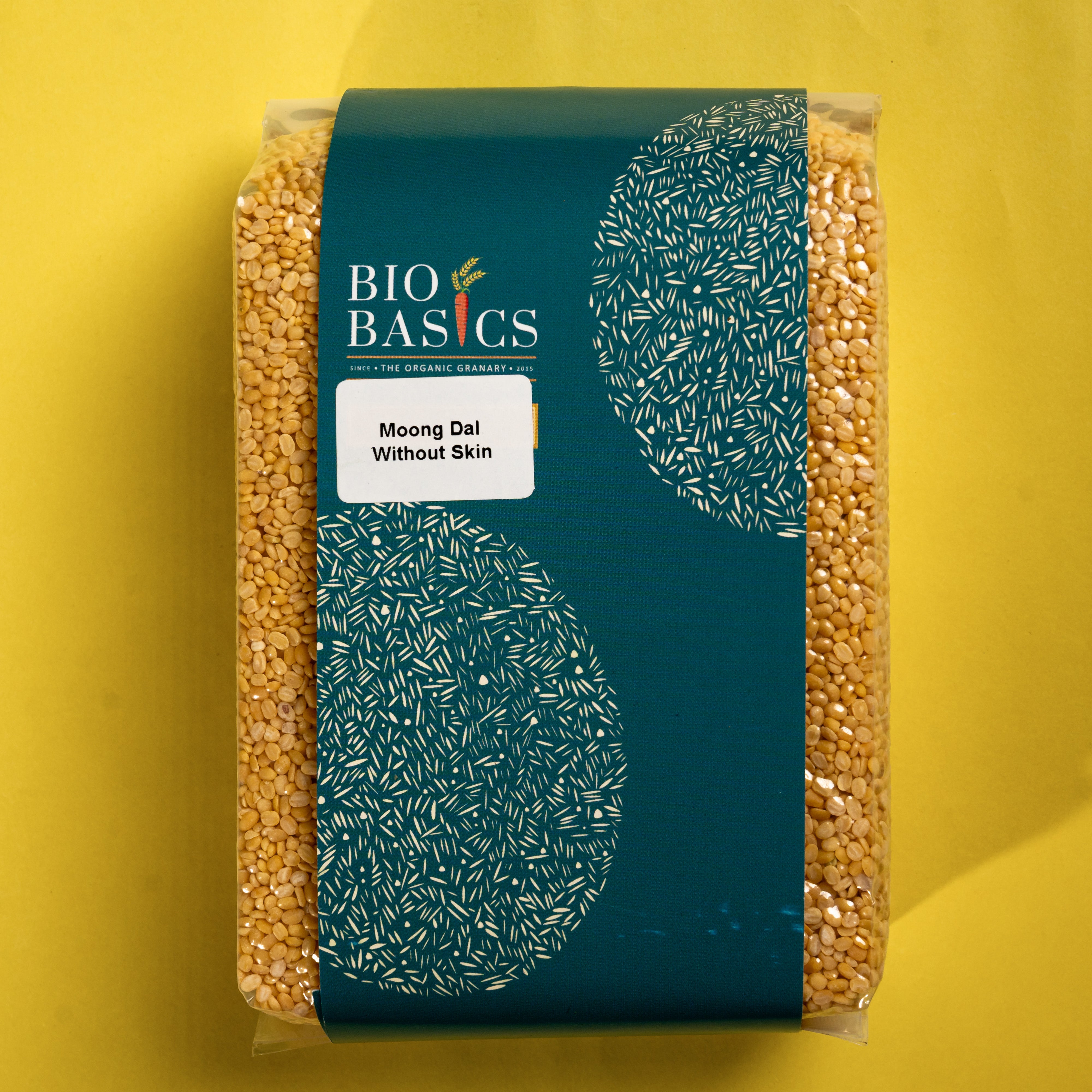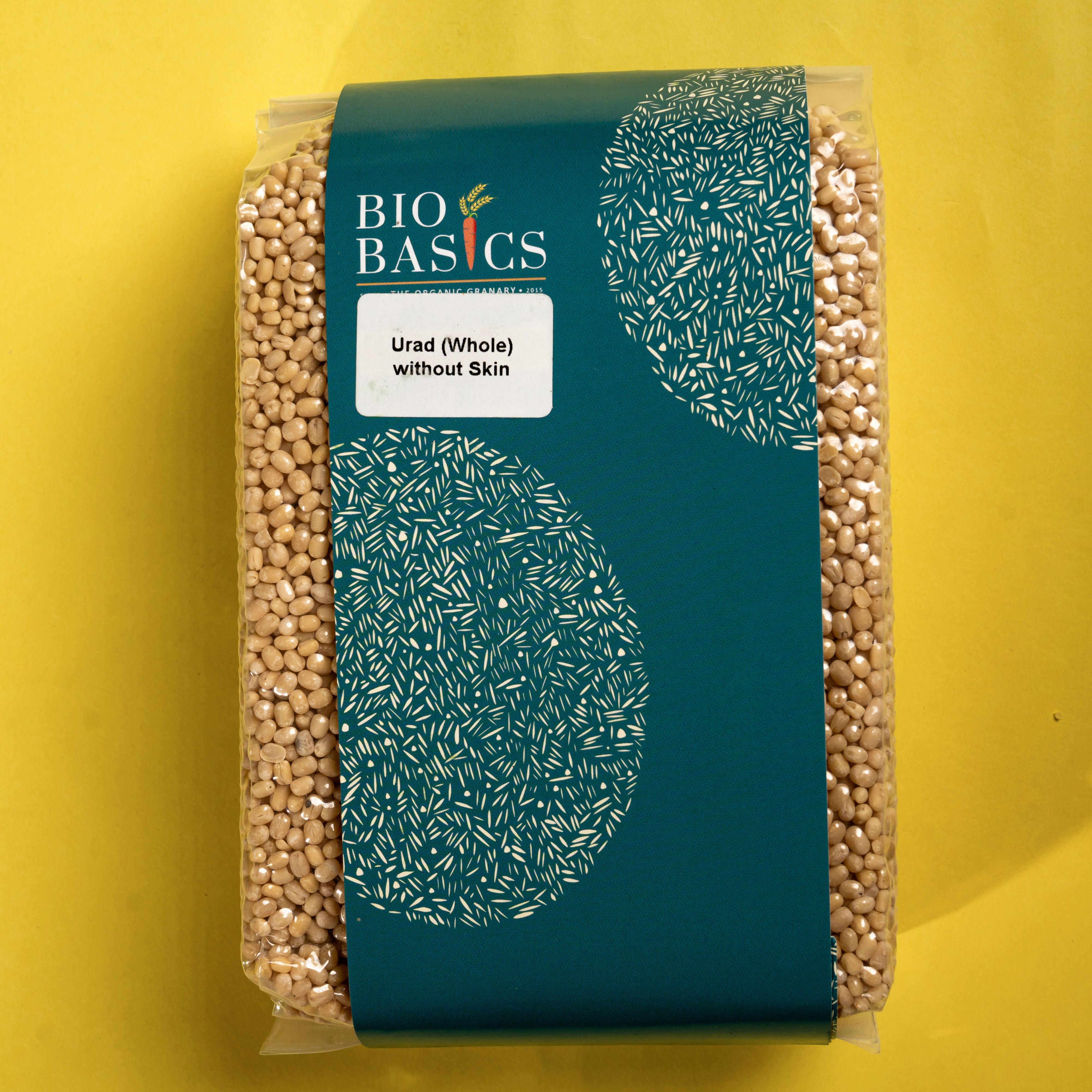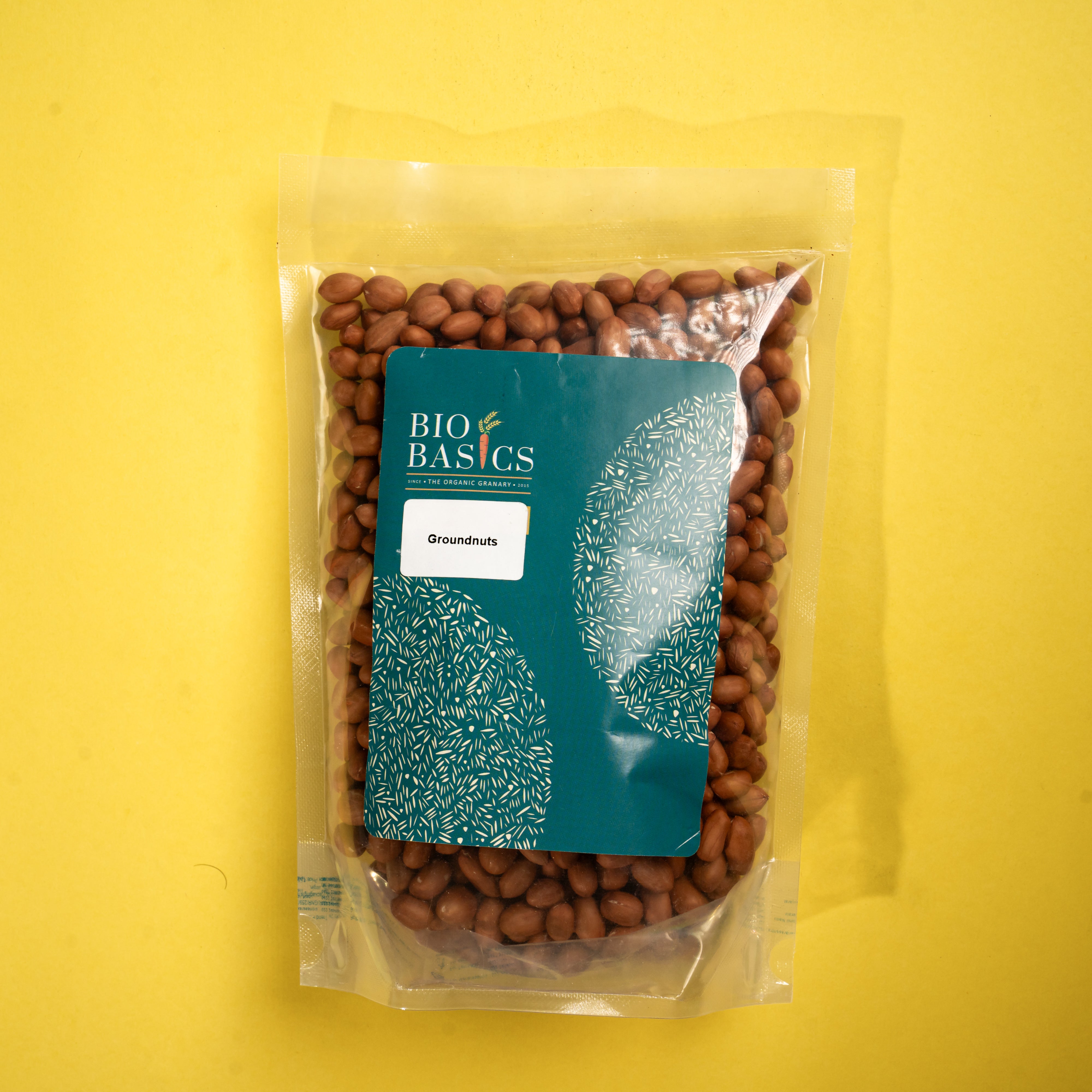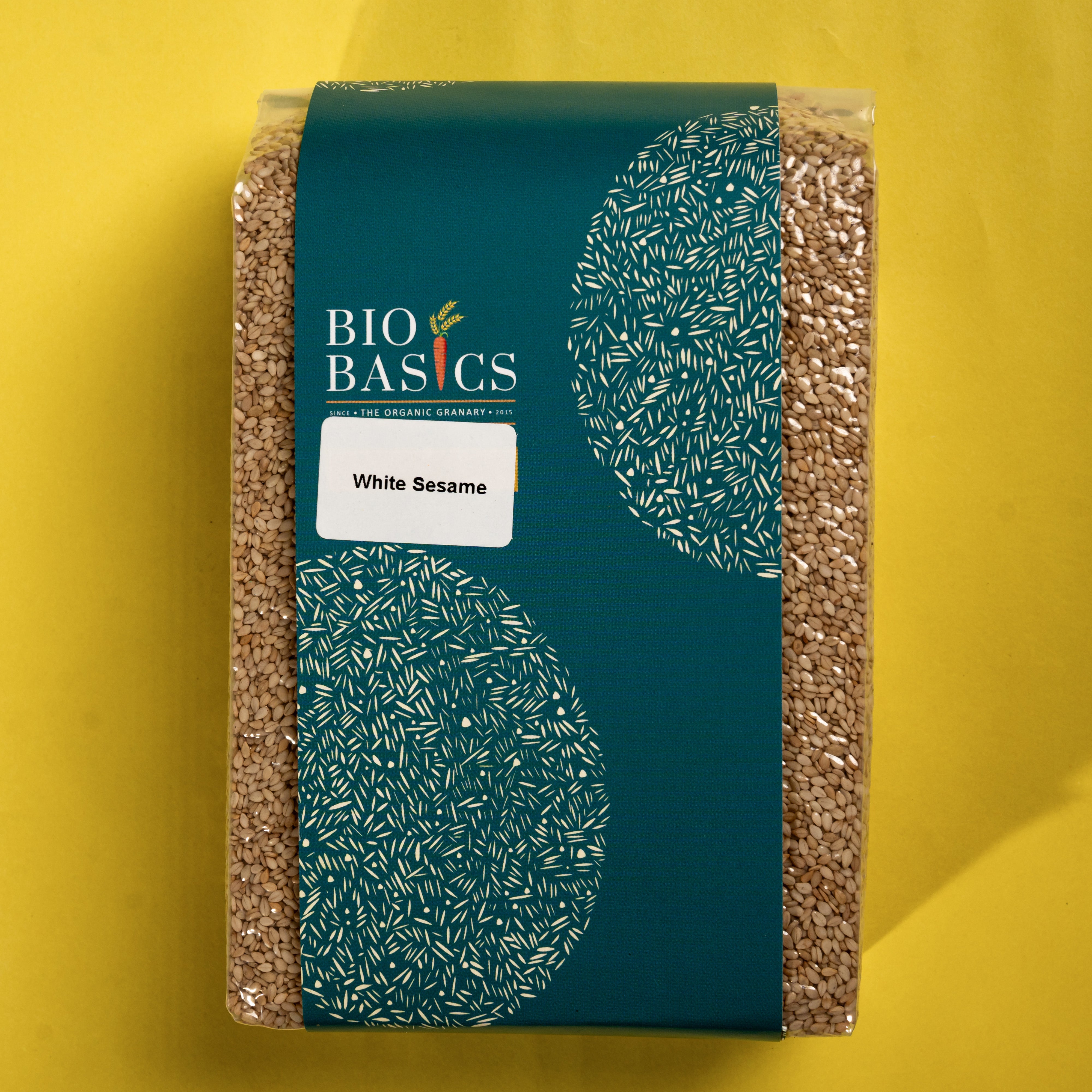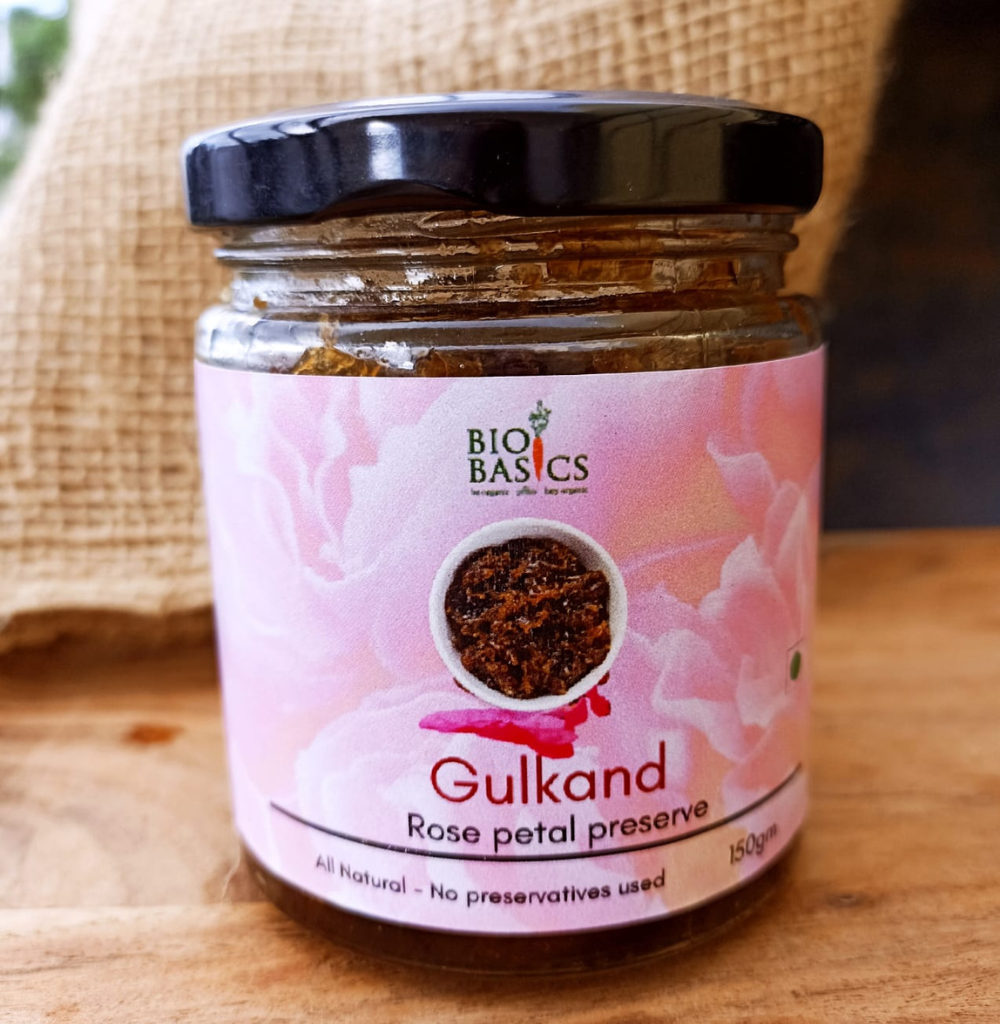Dr C is an old friend from school. A successful oncologist based in the US. A few years back, thanks to social media, we got back in touch after almost 40 years. We had a lot to catch up on. And we did!
But one of the aha moments for me was when he talked about how delicate our ankle bones were, and how the pounds we put on stresses this ankle bone. I knew that many folks today have knee problems because of being overweight or obese. Because our knees (or for that matter, our entire skeletal system) are not designed to take on such “overload”.

Just a tid-bit: That is sadly true for even chickens (broiler variety) grown in the massive commercial coops where they are fed day-in and day-out (using bright lights to trick them to think it is day-time all the time, so they just instinctively keep eating!). The idea is to get them to gain weight quickly, so that it is more profitable for the farmer. And these hens do indeed put on weight, and before their heart gives way, their tiny legs do. And then they are immobilised! That is if they have not been picked up for sale.
Coming back to us humans, we all know obesity is a pandemic. Everyone acknowledges that across the world. There are tons of stats that are floating around. But suffice it to know that the scene is bad. Not just among adults, but also among children.
There are many causes that have been listed for this epidemic - lack of exercise, sedentary lifestyle, fast-foods (aka ultra processed foods - UPF), over-eating, eating calorie-dense foods like sweets and snacks. Undoubtedly, these are contributing factors. But are these all?
There are many folks who try to eat right and exercise regularly, but are not seeing the results they should - drop in their BMI, their weight, their waistline and such. So what are we missing?
Here is one factor that not many folks talk about. I came across this while working on safe food and also with farmers in villages. Today, obesity is not just an urban phenomenon. It is widely prevalent in rural areas as well (not as much as in the urban areas though). So I have always wondered why? These are folks who walk and work a lot, they don’t eat fast-food as much (not because they are smart, but because they can’t afford to spend as much), their food is pretty simple (just about 2-3 simple meals, with not much fried items or sweets). So then, why?
Turns out that the food that they consume, even though healthy by all typical parameters, contains what is known as “obesogens”. Aha! Found the culprit!
We all have heard of carcinogens. These are materials or chemicals that contribute to any and all types of cancer, and therefore referred to as cancer-causing or carcinogens. Similarly, obesogens are materials or chemicals that contribute to obesity.
Where do obesogens come from? A host of sources, but one of the key sources that all of us are exposed to is food. Some of the chemicals used during farming are known obesogens.
So when one is trying to lose weight, there are a host of lifestyle changes that are usually recommended: Exercise, Low-calorie food, Regular meals, Avoiding fast-food etc. To that list, we should consider adding organic chemical-free (thereby obesogen-free) food.
And what is the easiest among those lifestyle changes? It is simply going organic.
All of us know how difficult it is to sustain an exercise routine, or change our food habits entirely (going from rice to millets or rice to rotis!). But if we were to start with organic food, many of these food choices become easier. And the icing on the cake (bad example!!)? You can continue to eat your favourite foods (not the calorie-dense ones though).
For instance, millets are said to be a good option for many trying to lose weight. But the reality is that many of us are not used to eating millets, don’t know how to prepare millet dishes, and that is certainly not our comfort food we have grown up with. So what do we do? We can continue to eat rice or wheat, but choose organic rice or wheat instead of what is available in the mass market.
And here is an even more interesting idea. This is something we follow at home. Not only have we been organic for 18 years now, but of late, for the past few years, we have been eating heritage varieties of rice and wheat on a regular basis.
The subtle advantage of doing so (other than it being great for the farmer and the environment!) is that almost all of these heritage varieties are always grown without chemicals! Why? Because it is only certain varieties of rices and wheats that have been “tuned” to respond to chemicals and produce high yields. These heritage varieties of rice and wheat do not respond much to these chemicals. Thankfully!!
So our recommendation to lose weight is two-fold:
Go organic on all your favourite ingredients (including spices and oils), and
Choose heritage varieties of rice and wheat.
Try it out. But not for a day or two! Keep at it for a good 3-6 months and see the results for yourself. Don’t believe anybody, including me.
What have you got to lose, but weight?!?

